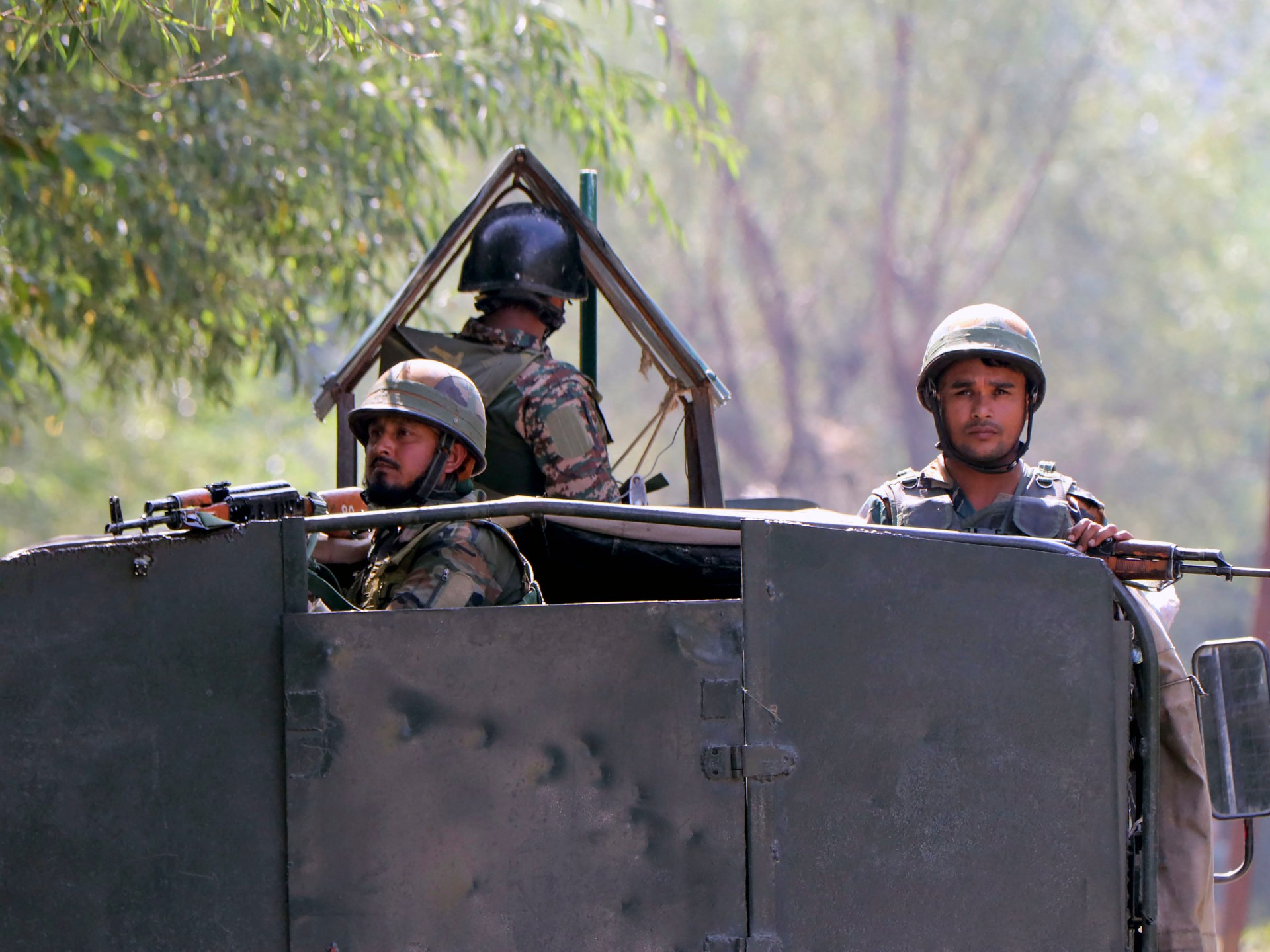
WASHINGTON (AP) — The United States has no money for Ukraine and is unable to send the munitions and missiles the government in Kiev needs to repel the Russian invasion.
With aid mired in domestic politics, the Biden administration came away empty-handed Tuesday for the first time hosting the monthly meeting of about 50 nations that coordinate support for Ukraine. The group was founded in April 2022 by Secretary of Defense Lloyd Austin.
As Washington waits for Congress to approve more money for Ukraine’s fight, it will look to allies to continue bridging the gap.
“I urge this group to dig deep to equip Ukraine with more life-saving ground-based air defense systems and interceptors,” Austin said in his opening statement, broadcast from his home, where he is recovering after prostate cancer surgery.
The opening speech via video was the first public appearance for the 70-year-old Austin, who appeared slightly gaunt. He was hospitalized for two weeks after complications from the operation.
After the meeting, Deputy Defense Minister for International Affairs Celeste Wallander told reporters that Ukraine’s Defense Ministry is receiving reports from its front lines that “the units do not have the supplies and stocks of ammunition they need.”
Wallander added, “That’s one of the reasons we’ve focused on the need to answer Congress’ questions so they can use the help to move forward with a decision to pass legislation.”
As Ukraine waits to see what Congress will do, European allies are pushing new measures to support Ukraine.
In Brussels, NATO Secretary General Jens Stoltenberg announced a joint contract to purchase more than 222,000 rounds of 155mm ammunition worth $1.2 billion. The cartridges are among the most commonly used ammunition in war, and the contract will be used to replenish allies who have moved their own reserves to Kiev.
While the conflict between Israel and Hamas has dominated the headlines since October, Russia’s attack on Ukraine continues.
Russia fired a barrage of more than 40 ballistic missiles, cruise missiles, anti-aircraft missiles and guided missiles at Ukraine’s two largest cities on Tuesday, damaging homes and killing at least five people. The attack came a day after Moscow shunned any deal backed by Kiev and its Western allies to end the nearly two-year war.
Ukraine’s air defense intercepted at least 21 of the missiles. However, at least 20 people were injured in the attacks in four districts of the capital Kiev.
The Pentagon announced its latest security assistance to Ukraine on Dec. 27, a $250 million package that included 155mm cartridges, Stinger anti-aircraft missiles and other high-demand items from existing U.S. stockpiles.
The U.S. has been unable to provide additional ammunition since then because the money to replenish those supplies had run out and Congress had yet to authorize additional funds.
More than $110 billion in aid to Ukraine and Israel has stalled amid disagreements between Congress and the White House over other policy priorities, including additional security for the U.S.-Mexico border.
Senators are seeking a bipartisan deal that includes nearly $61 billion in aid to Ukraine and changes to border policy. But Republicans are again pushing to cut aid to Ukraine, targeting money that would flow to Ukraine’s civilian sector and arguing that European nations could step in to meet those needs.
“I personally would like to see parts cut,” Sen. John Thune of South Dakota, the second-ranking Republican senator, told reporters Tuesday. “I think the number is really high and there are a lot of things being funded there.”
But even if a deal can be reached in the Senate, the package faces even more resistance in the House of Representatives, where many Republicans have repeatedly voted against the Ukrainian war effort.
The US has provided more than $44.2 billion in security assistance to Ukraine since Russia invaded in February 2022. About $23.6 billion of that was pulled from existing military stockpiles and nearly $19 billion was sent in the form of longer-term military contracts for items that will take months to procure. Even if the funds are used up, some previously purchased weapons continue to flow. An additional $1.7 billion was provided by the U.S. State Department in the form of foreign military financing.
The U.S. and about 30 international partners continue to train Ukrainian forces and have so far trained a total of 118,000 Ukrainians at locations around the world, said Col. Marty O’Donnell, U.S. Army spokesman for Europe and Africa.
The United States has trained about 18,000 of these fighters, including about 16,300 soldiers in Germany. There are currently around 1,500 additional fighters in training.
—-
Associate Press writer Stephen Groves contributed to this report.






Recent Comments